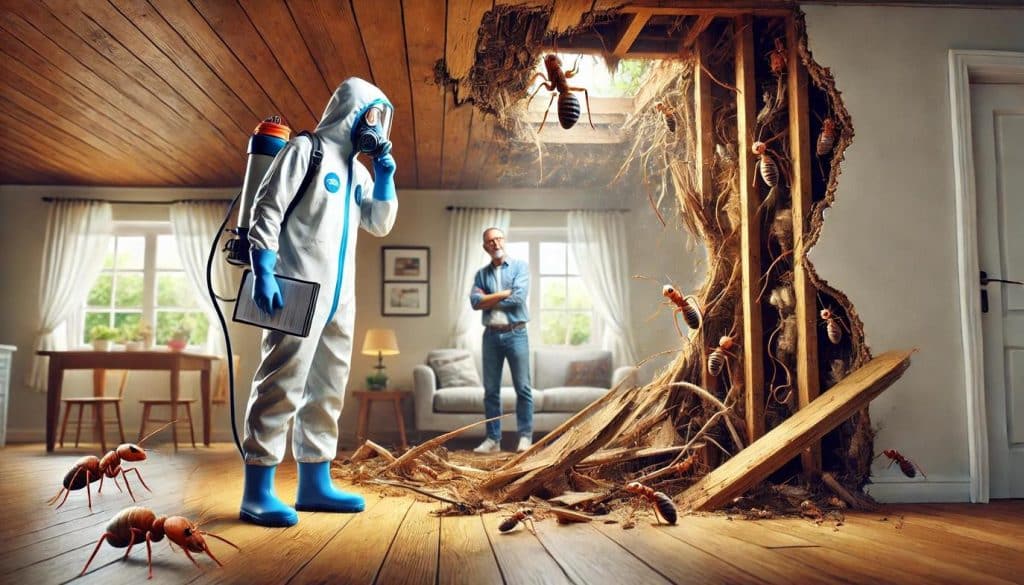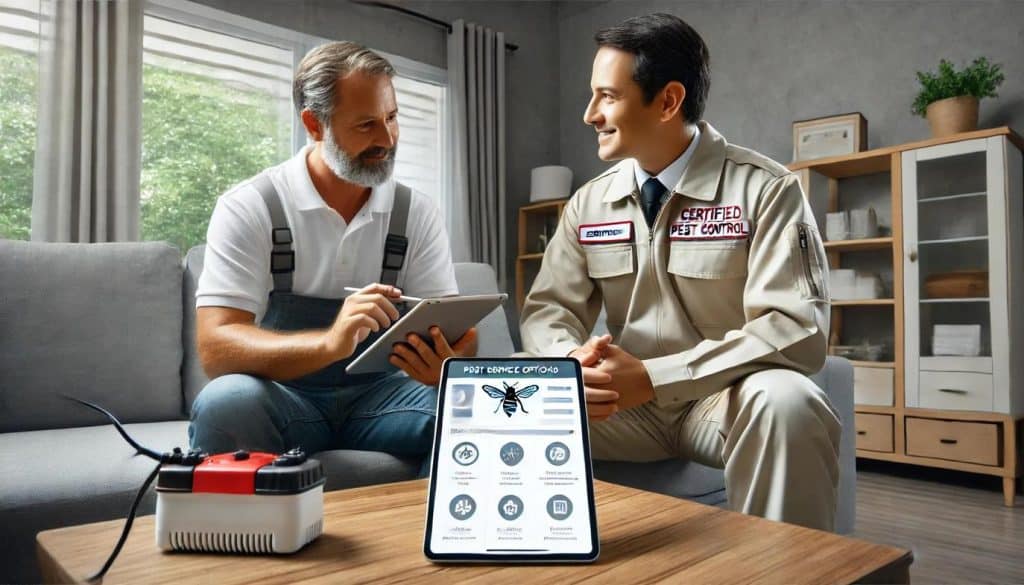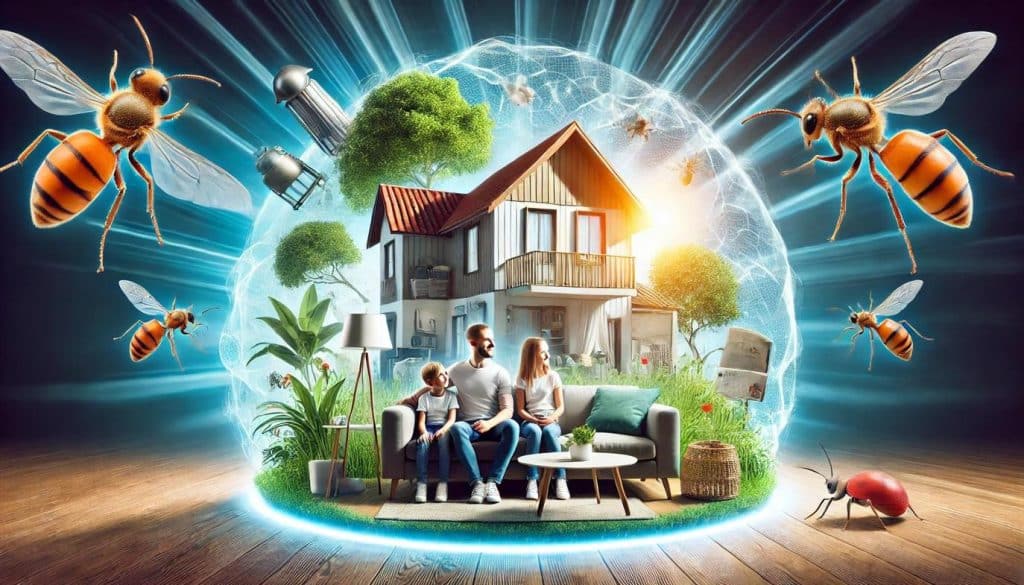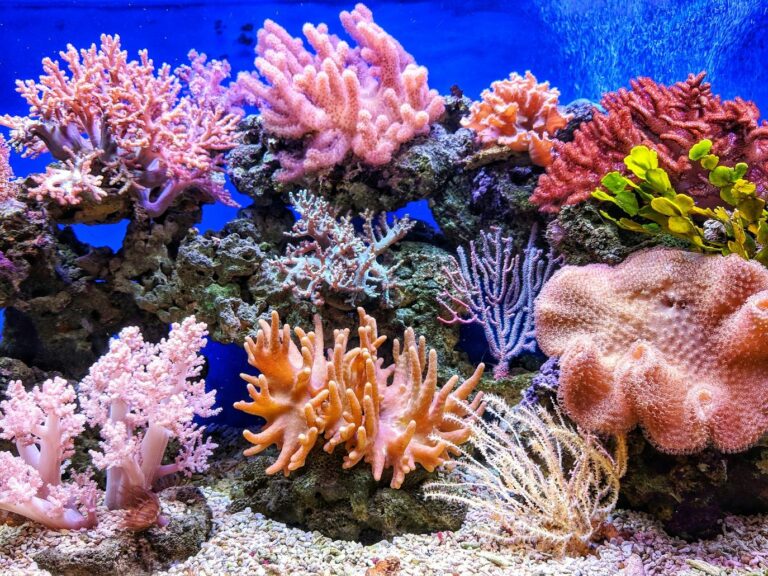Pest control is essential for maintaining a safe and healthy living environment. Pests can pose health risks, damage property, and create an uncomfortable atmosphere in your home. These pest control FAQ’s can help in understanding the various types of pests, such as ants, rodents, cockroaches, and bedbugs, and can better prepare you for potential infestations.
Understanding the Importance of Pest Control in Your Home
Pests can carry harmful diseases and allergens, posing significant health risks to you and your family, especially in households with young children or individuals with weakened immune systems. Infestations can lead to serious property damage, such as structural issues from termites or electrical hazards caused by rodents gnawing on wires. Over time, the presence of pests can create an uncomfortable living environment through unpleasant odors and psychological stress associated with an infestation.
Implementing effective prevention strategies, such as sealing entry points and practicing proper sanitation, minimizes the risk of pests invading your space. Knowing safe removal techniques ensures that you handle pest issues responsibly and effectively. A more comprehensive approach to pest management empowers you to take control of your living environment and protect your home from unwanted invaders.
What Are Common Household Pests?
Recognizing the types of pests that may invade a home is the crucial first step in effective pest control. Common household pests include:
- Ants
- Rodents
- Cockroaches
- Termites
- Bedbugs
- Spiders
Each of these pests presents unique challenges and can lead to various problems. Identifying the specific pest involved is essential for implementing appropriate treatment strategies.
How Can I Prevent Pest Infestations?
Prevention proves to be more effective than addressing an established infestation. Simple actions can effectively keep pests out of your home. These steps include:
- Seal cracks and openings in your home’s exterior
- Keep food in airtight containers
- Maintain cleanliness to remove food sources for pests
Regular home maintenance plays a significant role in pest prevention. Maintaining clean gutters and ensuring proper drainage are essential practices. These actions can effectively prevent pests from finding suitable breeding grounds around your property.

What Are Some Safe Pest Removal Methods?
Safety remains a top priority when managing pest issues. It is important to consider the following methods:
- Traps: Effective for rodents and do not involve chemicals.
- Boric Acid: Useful for cockroaches and ants when used carefully.
- Essential Oils: Natural deterrents for many insects.
Always read the instructions carefully when using pest control products. Ensure that traps and chemicals are placed out of reach of pets and children to maintain a safe environment.
When Should I Call a Professional?
Certain infestations necessitate professional intervention. It is advisable to contact a pest control expert under the following circumstances:
- Infestation persists despite DIY efforts
- Noticeable structural damage
- Pests are posing health risks
Professionals possess access to more effective pest control treatments and can offer valuable ongoing prevention advice. The Environmental Protection Agency provides guidance on selecting safe and reliable pest control services.

Comparing DIY and Professional Pest Control
When considering pest control options, both DIY and professional methods have distinct advantages and challenges. Understanding these differences can help homeowners make informed decisions based on their specific needs and circumstances.
DIY Pest Control:
- Lower cost
- Limited to non-toxic methods
- Requires time and effort
Professional Pest Control:
- Higher cost
- Access to a wider range of solutions
- Saves time with expert handling
Assessing individual situations is crucial for selecting the most effective pest control approach. For example, a minor ant problem may be manageable through DIY methods. Conversely, a termite infestation generally necessitates professional assistance for proper management.
How Do I Choose a Pest Control Service?
When selecting professional pest control services, it is important to consider the following factors:
- Check for licensing and certifications
- Read reviews and seek recommendations
- Discuss treatment plans and safety measures
It is essential to ensure that the service provider adheres to safe and ethical pest control practices. The Centers for Disease Control and Prevention offer valuable resources related to pest control safety and health considerations.

Concluding Insights on Effective Pest Management Strategies
Understanding pest management is vital for preserving the integrity of your home and the well-being of your family. Focusing on preventative measures, such as maintaining cleanliness and regularly inspecting your property, can significantly reduce the likelihood of pest infestations.
When faced with pest issues, consider safe and effective removal methods that prioritize your family’s health. Recognize when to seek professional pest control services to handle persistent infestations or threats that compromise your living space.
Armed with this knowledge and proactive strategies, you can create a pest-free environment that ensures comfort and safety in your home. Stay informed, be vigilant, and enjoy the peace of mind that comes from effective pest management.




